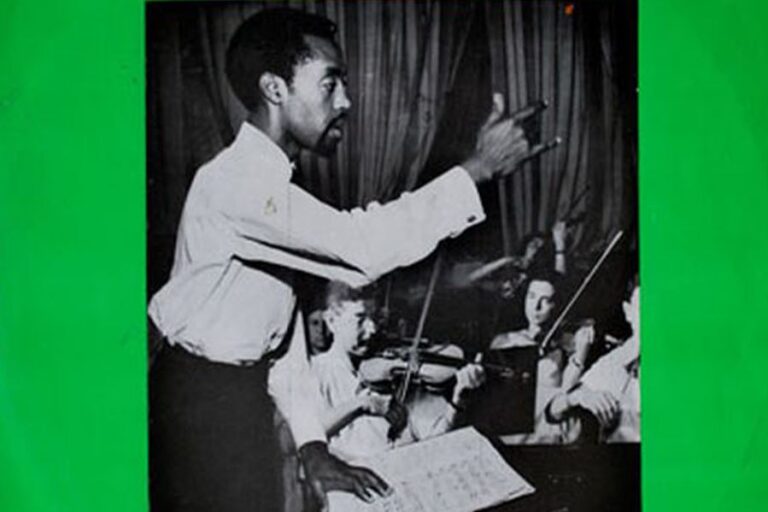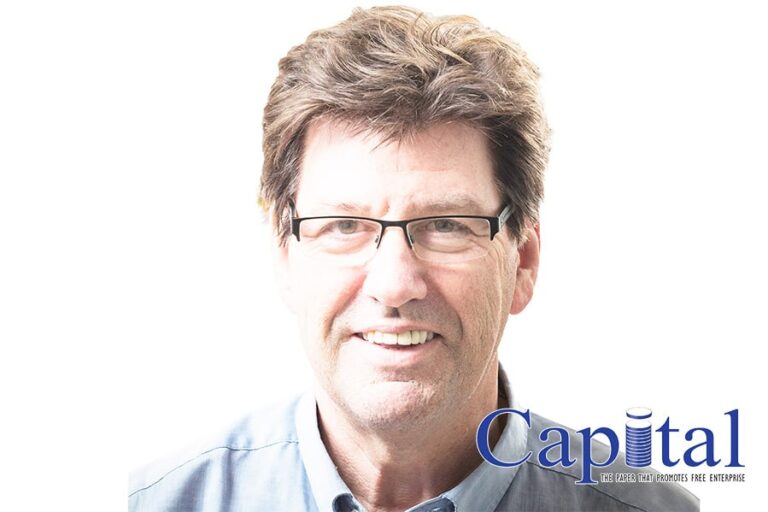By Samuel Estefanous
Someone shared me a story presumably making ‘the rounds on one of the vitriol social media’. It is written in Amharic and the author lamentably inquires- ምነዉ ሰዉ ድምጹ ስልል አለ…ወራጅ ማለት አቃተዉሳ…he goes on bragging that he had single handedly helped a few commuters disembark minibuses at their respective destinations simply by speaking reasonably louder on their behalves to the conductors.
Looks like the unfortunate fellow commuters are so overwhelmed by the unrequited cruel demands of life that they have involuntarily condemned themselves to become voices unworthy to be heard anytime, anywhere-not even to say ‘ወራጅ’ to a taxi conductor in an audible voice.
No kidding, the hike in prices of consumer produce is alone enough to commit half the otherwise proud heads of families to bedlam. You see it is an affront to their pride to fail to provide for their families, besides, the humiliation and the sense of having no one to turn to has reduced folks to silent lambs.
I know I might be accused of singing the old Fabian lullaby to make a hero out of a confirmed loser. I don’t even care, as one closely studying legal trends in contemporary labor issues, I kinda easily relate to the old Fabian distinctive advocacy for minimum wage and social justice.
Thus, naturally the story of Addis residents whose voice chords are involuntarily weakened reminded me of Alfred Doolittle, not Professor Higgins (characters from Shaw’s Pygmalion). I am not saying that Doolittle is a quiet person; on the contrary he is noisy but he speaks for the overwhelming majority of impoverished city dwellers when he screams for no particular reason-we are intimidated, Governor!
1-The Scary Deafening Silence
When Habesha truly protests he tends to say little. The old monarchs were known to dread this silence of the lambs- nothing satirical intended here- so much so that they used to instigate moderate ‘vocal’ protest to letup the bad blood. They would inquire of their court chamberlains and couriers-
-What are the shepherd boys singing about these days? Their flutes have gone mute; thank God, they have quit making fun of us.
-What about those teasing wenches and the mean old hags crowding the village streams? We are spared of their biting parody and crude jokes, your royal highness.
At the news of this unusual silence the Monarch would murmur- God have mercy on us, what have we done, Gentlemen!?
2-The National Dialogue Commission-on a mission to iron out fundamental difference?
The government’s effort to involve the multitude in a nationwide dialogue by founding a Commission to undertake the responsibility is laudable. (I hate being cynical but in all honesty who would talk his heart out to a Commission with a designated army of officers taking notes? )
This forum would enable the marginalized multitude to voice its grievances but the problem is over the years consecutive systems have favored a selected few elites at the expense of the marginalizing overwhelming majority of the public. In such instances the Commission would be unable to accommodate the flood of agendas which would either be beyond its mandate or capability to entertain.
No wonder the Commission has resorted to running ads on City Buses-Ethiopia is Engaged in Dialogue reads one such ads. I have the utmost respect to the distinguished members of the Commission but to this day I am unable to process exactly what the Commission intends to achieve.
It has launched a partly interactive well designed and well administered website. Apparently any interested party can set an agenda to the Commission if he wants to; and it makes one wonder what those commuters with weak voices would submit by way of an agenda.
The preamble of the proclamation founding the Commission reads like a tract of a Protestant Ministry. It is invested with the impossible task of bridging differences on fundamental issues among others. I mean it is on account of differences that we have a Constitution, organs of governments and an electoral system. We need our fundamental differences, thank you very much.
Okay you want an agenda? Take two from me
1-Disband the team working on the transitional justice in Ethiopia as it is trying to scratch healing old wounds going as far back as 1995 and undermining organs of justice administration in the country. The way I see it, transitional justice presupposes rampant and unprecedented abuse of fundamental individual and group rights beyond the capacity of the justice administration system-unless we have reached a common understanding and consensus that such is the case.
2-Ensure accommodation before beautification. Unlike the usual detractors of the government, I would be lying if I say I am not impressed by the mega beautification projects undertaken by the incumbent but all the time I was saying to myself-if only this dedication and exemplary project management capacity were employed to guarantee one of the fundamental human rights to have shelter in line with article 25 of the Universal Declaration of Human Rights.
3-When the Filthy Rich and the Destitute Share Ground
The concept of the filthy rich- ብስብስ ባለሃብት- came in to common usage in the post-Soviet Russia and the CIS countries when a vicious band of unscrupulous hooligans blatantly usurped the Sovereign wealth of the countries. The cumulative effect had impoverished the people to such extent that by major indexes of development metrics Russia had joined the ranks of some Sub-Saharan countries until its savior Vlad the Great did a major spring cleaning.
The common dictionary defines wealth as filthy when it becomes offensive, vulgar and disgusting. Instead of being a distinguishing meritorious mark of hard work and perseverance it becomes a scarlet letter of dishonor. Under normal circumstances wealth is the epitome of excellence and distinction- the kind of wealth Haile G. S. is making, the kind of wealth startup small business owners are trying to accumulate over years etc.
Unlike Russia, we don’t have abundant fossil oil and mineral resources to breed the infamous oligarchs but the one precious resource we have is land and it has always been at the bottom of a wide range of speculative unearned wealth.
Recent studies reveal that land lease in Addis has reached close to 200 fold of the threshold price reaching birr 414,863 per square meter. This trend is being replicated in major Regional towns as recently witnessed at Mekelle urbane land market.
This is an alarming development and unerring symptom of a dysfunctional economy. Instead of stopping everything it does in this regard and fix the broken link, the government is delightfully rubbing its hands together and bagging the money like a greedy middle age pawnbroker.
In the first place the reason the Constitution de-commercialized land is to make it available to the public without commercial value, not to enable the government to trade in urbane land and create a band of fifthly riches speculating in land in the process.
The ultimate consequence of this sick affair has reduced the urban residents to migrant squatters with zero attachment to the land of their birth and origin- remember what had happened to farmers in the former special zones of Oromia. No wonder they have lost their voices sharing ground with folks whose concern and problems they hardly relate to.
I don’t think the Dergue, EPRDF and the incumbent were being stupid when they guarded the public ownership of land so religiously with a puritanical sense of mission. Stay the course, Prosperity if you really know what is good for you.
God Bless.
You can reach the writer via estefanoussamuel@yahoo.com





